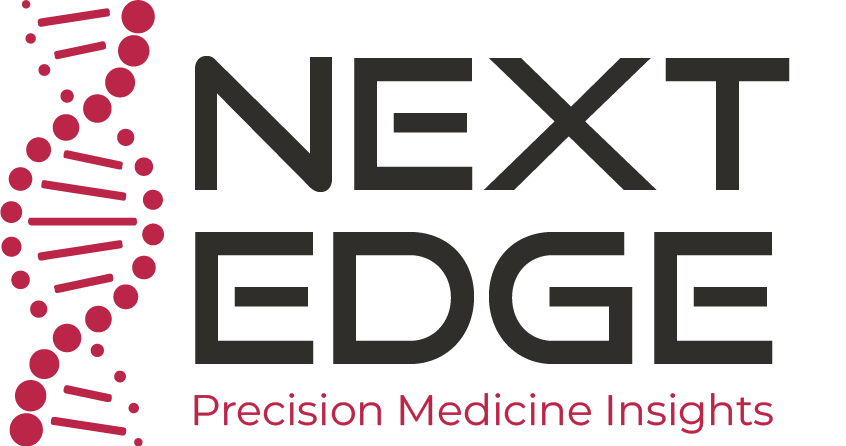March 23, 2022
Nobel laureate Prof. Aaron Ciechanover to discuss advances in precision medicine
.png)
Original source here.
Nobel laureate Prof. Aaron Ciechanover will be among the experts discussing how the power of advanced medical technology will soon be coming to a doctor’s office near you. Ciechanover will speak at Investing in Precision Medicine, an online event hosted by OurCrowd on March 28th.
Until now, medical professionals have been limited to prescribing one-size-fits-all treatments for patients. Doctors hope that patients will respond in line with results from clinical trials. But human physiology is complex. Therapeutics often prove to be ineffective – and sometimes even counterproductive.
Thanks to machine learning and artificial intelligence, tests that currently cost millions of dollars can become commonplace, and doctors can get patient-specific data that will accurately predict which treatments are likely to work based on an individual’s blood and protein samples.
The OurCrowd event will host a top-tier panel of experts to take a look under the digital microscope. Guests include Nobel laureate Prof. Aaron Ciechanover, David (Dudi) Baum, Co-Founder and CEO of Genopore, Ophir Herbst, Co-Founder and CEO of Sequentify, Dr. Ofer Sharon, CEO of OncoHost and Dr. Liran Shlush, Senior Scientist at the Weizmann Institute.
Proteomics, the extensive study of proteins, is the next big step forward. Proteins provide more information than genes because they are impacted by both genetics and environmental factors. The ability to analyze single molecules in a sample can drive significant improvements in the early detection of cancer and other diseases.
Genopore is developing technology to take proteomics to a new level. It plans to be the first company to deliver a system using chip-based technology that is cost-effective, highly accurate and highly sensitive. It will be equivalent to a PCR test for proteins.
Genetic information
When using genetic information, medical treatments can be customized based on the predicted response to treatment or risk of disease for a specific patient. One of the factors holding back faster adoption of personalized medicine is the high cost of DNA sequencing. Sequentify reduces the time and cost of next-generation targeted DNA sequencing, aiming to make it as common, fast and affordable as a blood test for use in oncology, prenatal and hereditary cancer screening, and personalized medicine.
Sequentify’s technology enables laboratories, hospitals and HMOs to implement this sequencing in their own labs, rather than outsource it to third parties. It will reduce costs, save time, and maintain full control over valuable data.
With just one blood test, OncoHost’s platform analyzes over 7,000 different proteins, and then uses machine-learning tools and AI to characterize, analyze, and anticipate which type of cancer treatment is likely to work, based on a patient’s individual patterns. It can also help doctors decide on alternative therapies which could be used to overcome resistance.
This information is critical for cancer patients whose doctors are considering immunotherapy, a highly effective alternative to chemotherapy, which strengthens the immune system to fight off the cancer rather than attacking the cancer cells directly. But immunotherapy only works for only a minority of patients. Until now, doctors had little way of knowing which patients would respond.
“We want to allow the clinicians to make the decisions earlier and add valuable clinical insights to support the complex decision-making process that every oncologist faces when treating a patient with advanced cancer,” says Dr. Ofer Sharon, the CEO of OncoHost.





